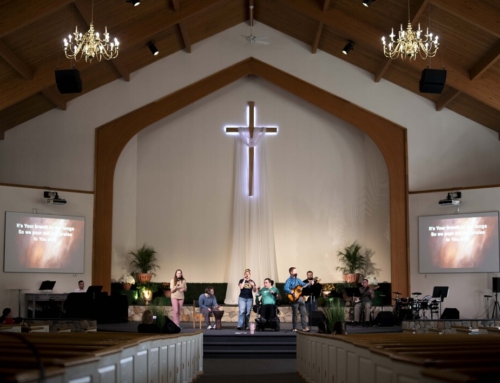Some of the Most Unreached People in the World
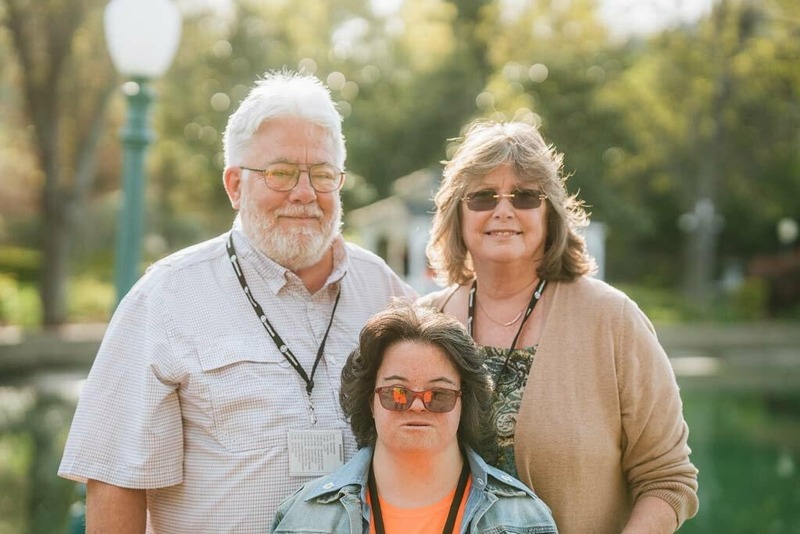
“If you prick us, do we not bleed? If you tickle us, do we not laugh? If you poison us, do we not die?” That’s Shylock from The Merchant of Venice, Act III Scene I. These words were written by William Shakespeare in the sixteenth century, a time when Jews in Europe were experiencing intense persecution—persecution, it must be said, that was largely at the hands of professing Christians.
Historically, the Christian church has not always been good about acknowledging the wrongs it has done to other groups in the name of Jesus. With humility, it must be acknowledged that we have sometimes been exclusive to the point of emotional, physical, and spiritual injury.
I recently conducted my own experiment and googled the biggest complaints about the modern church. The results I got back, however, weren’t the biggest complaints; rather, they were the biggest problems facing the church. Those are two very different things. One gives a non-believer’s, or at least a non-attender’s, view; the other gives an insider’s view of challenges facing the church. If we want to find out why people aren’t attending church, we need to speak to the people who are not attending church, not the people already in the pews.
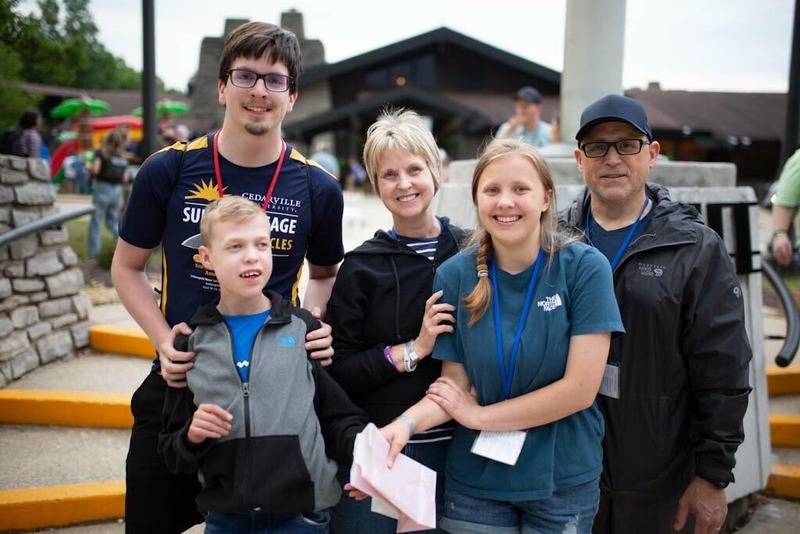
Individuals with disabilities and their loved ones are some of the most unreached people in the world. Research shows that people with disabilities are much less likely to attend church than those without a disability. This doesn’t mean that people with disabilities profess faith less often. Instead, it’s that there are often barriers to their attendance: architectural, attitudinal, or liturgical.
While we tend to think of architectural barriers—things like the lack of wheelchair access or sign language—when it comes to welcoming people with disabilities into the church, often the most harmful barriers can be attitudinal. Hurdling these attitudinal barriers takes awareness and education. Here are some practical ways that you can shepherd an inclusion mindset among your church community:
Filter everything through Genesis 1:26.
We are all made in the image of God. That is something that is indelible, not to be earned or taken. The image of God is a gift we have, given freely by God, regardless of our status of salvation or sanctification. When we look at the people walking through our church doors, are we looking at them through the lens of Genesis 1:26?
Be willing to “unlearn.”
We all come into situations with preconceived notions, background knowledge, and experiences that inform how we behave. Be willing to put on a cloak of humility and acknowledge that what you think you know may be biased by your experience and may even be incorrect. At the same time, be patient with those who need guidance from you. If we expect grace, then we must be willing to extend grace as well.
Practice in small, sensible ways.
The shift to an inclusion mindset is an internal one. The way we can make these internal shifts is to practice what we have learned in our everyday lives. It could be something as simple as inviting that adult with an intellectual disability you see at the church coffee bar every Sunday to sit with you for a few minutes. You might ask your church leadership to make an accessibility assessment to identify any of the barriers we previously discussed. Joni and Friends has many resources, from informational handouts to coursework, that can help you learn more about serving and serving alongside people with disabilities.
Understand that participation is not the same as inclusion or belonging.
Everyone wants to belong and to feel they are a valued member of the community. This extends far beyond being served to being a contributing member of the group. Disabilities aside, “contributing” can mean different things to different people. Be willing to ask questions and build relationships with the people you aim to serve.
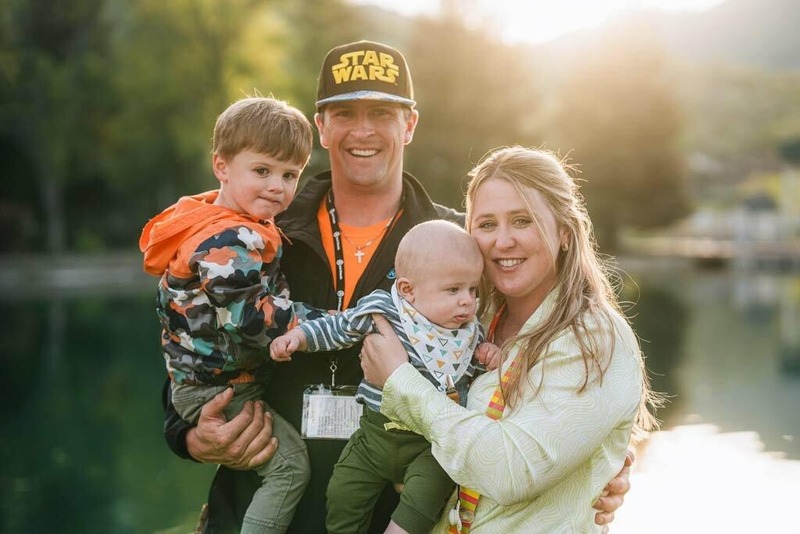
Recognize that change takes time and education.
As someone who may be further along in the stages of changing attitudes, you can help to foster a community of belonging by both modeling behavior and helping to educate others. If you need help, Joni and Friends has many resources, both in print and online, to support you in this step. You can invite someone with a disability or an expert from Joni and Friends to come and speak to your church.
As you can see from these steps, creating a sense of belonging in your church community does not have to be complicated. One person can be the catalyst for change that a church community desperately needs.
Written by — Aimée Stork, M.Ed.
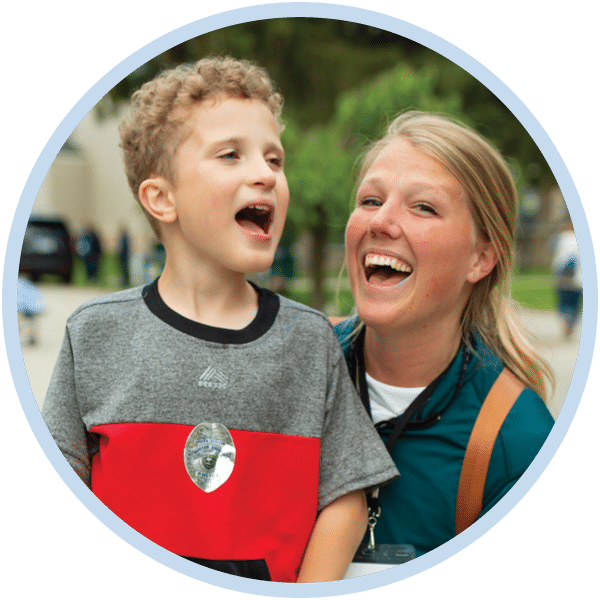
Learn More About Our Church Training Resources
Through training and resources, we can equip you and your church with practical tools for including people of all abilities into the life and ministry of your church, helping people with disabilities find their place in the body of Christ.

